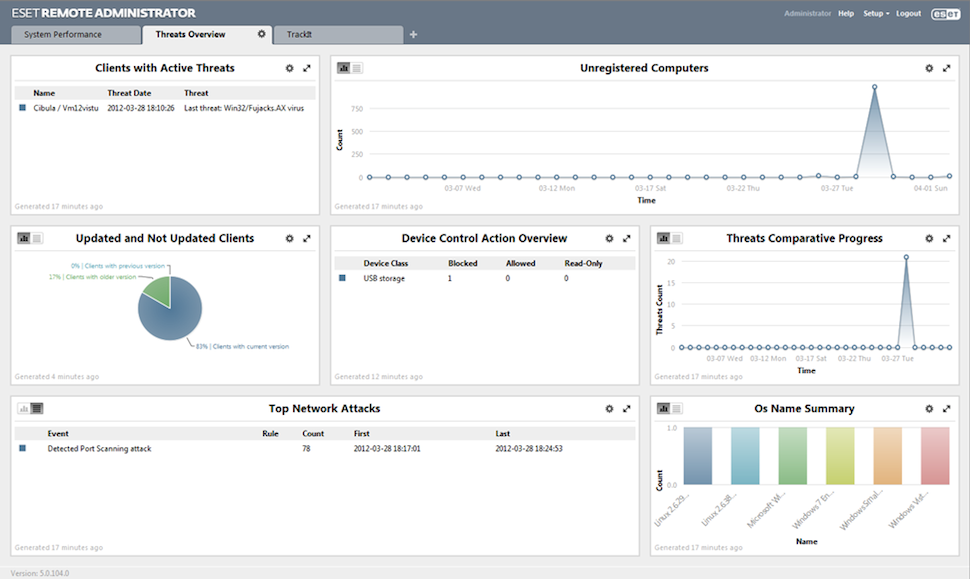
VirusScan Enterprise for Linux (Business or enterprise) If Smart optimization is disabled, all files are scanned each time they are accessed.GravityZone Endpoint Security Tool for Linux (Business) This behavior is controlled using Smart optimization. Files are scanned again immediately after each detection engine database update. To ensure a minimal system footprint when using real-time protection, files that have already been scanned are not scanned repeatedly (unless modified). For example, you can configure Real-time file system protection to more closely monitor newly created files. Using ThreatSense technology detection methods (as described in the section of ThreatSense parameters), Real-time file system protection can be configured to treat newly created files differently than existing files.

Real-time file system protection checks all types of media and is triggered by various system events such as accessing a file.

Local drives - Controls all system hard drives.Media to scanīy default, all types of media are scanned for potential threats: In exceptional cases (for example, if there is a conflict with another real-time scanner), real-time protection can be disabled:ġ.In ESET PROTECT, click Policies > New policy and type a name for the policy.Ģ.Click Settings and select ESET Endpoint for Linux (V7+) from the drop-down menu.ģ.Click Detection engine > Real-time file system protection > Basic.Ĥ.Disable Enable Real-time file system protection.ĥ.Click Continue > Assign, select the desired group of computers the policy will apply to.Ħ.Click OK, then click Finish. It scans the content of certain self-extracting archives when downloaded to the hard drive. Real-time file system protection does not scan the content of archive files.


 0 kommentar(er)
0 kommentar(er)
